Growing Oklahoma Redbud: How To Plant An Oklahoma Redbud Tree
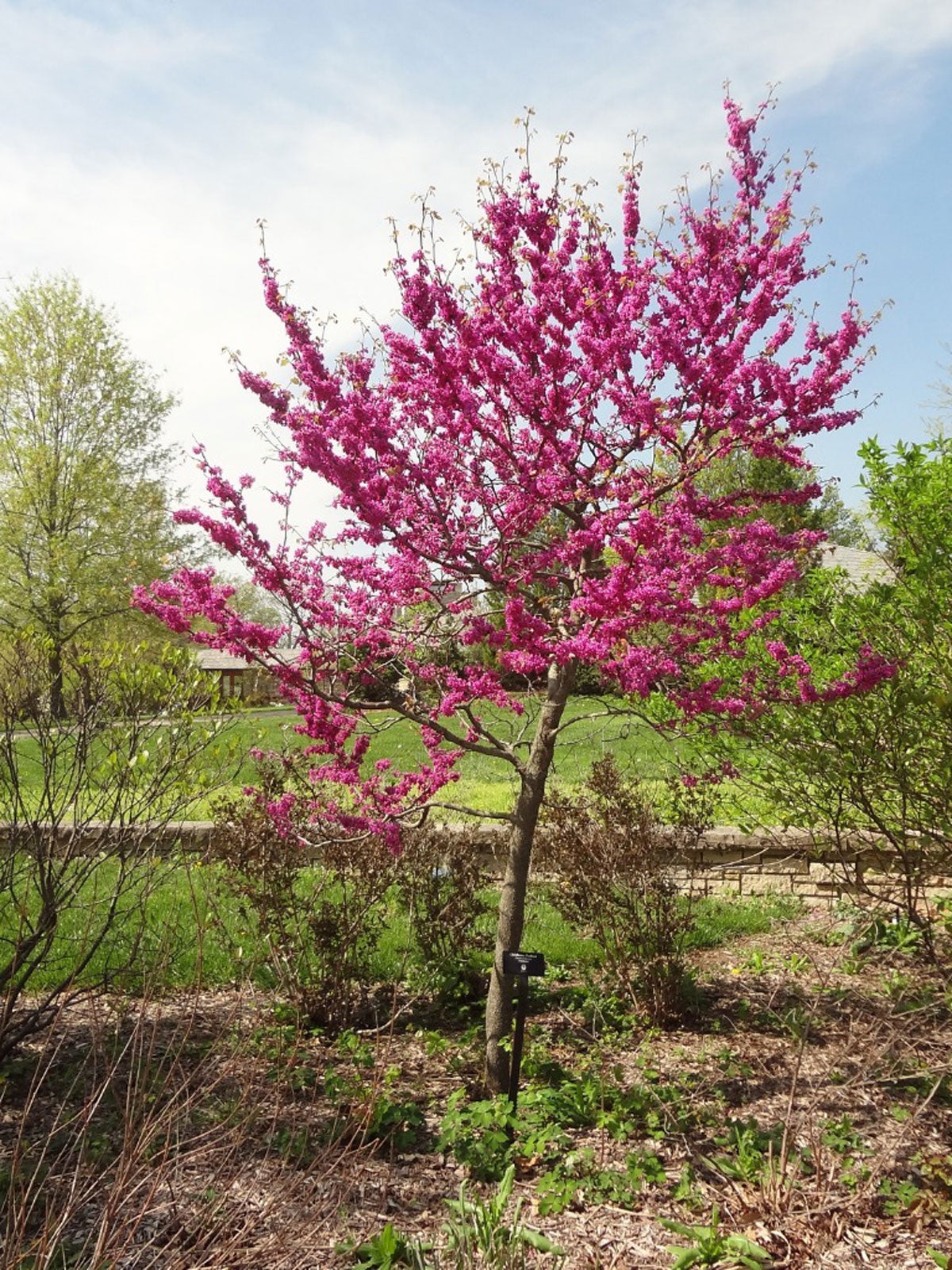

Oklahoma redbud trees are small, charming trees native to the Southwest, including Oklahoma and Texas. These redbuds offer dramatic spring blossoms, purple seedpods, and shiny foliage. If you are considering growing Oklahoma redbud trees, read on.
About Oklahoma Redbud Trees
Oklahoma redbud (Cercis reniformis ‘Oklahoma’) are lovely, little landscape trees. Like many other redbuds, their pea-like flowers are a deep, brilliant pink and appear in spring before the leaves. They develop into attractive purple pods as long as your hand that persist on the tree into autumn. Their glossy leaves are also very ornamental.
The trees make eye-catching additions to backyards or woodland gardens and also support wildlife. Bees love the nectar from the bright blossoms and birds come to eat the resulting seed pods.
How to Plant Oklahoma Redbud
If you live in a mild region, you might think of growing Oklahoma redbud. These trees thrive in USDA plant hardiness zones 6 through 9. When it’s time to pick a spot for planting, select a site that gets some sun. Oklahoma redbud trees will grow in partial shade or full, direct sun. They tolerate clay soil but do best in moist, well-drained soil.
Oklahoma redbud planting is not a one-day and done job. In order to help your trees look great and stay strong, maintenance care is required. Pruning is one of the big parts of Oklahoma redbud tree care. This is something to undertake carefully since the tree bark is thin and you can easily damage it.
Oklahoma redbud tree branches have a low branching habit and the limbs tend to droop as the tree grows. If you expect to drive or walk under the canopy, pruning is essential. Their natural shape (a graceful, multi-trunked habit) is perfect if you plant them in a location where access is not required.
In any event, you’ll need to prune the tree while it is young to help it develop a strong structure. Avoid weak branch forks by reducing the size of lateral branches. You should also prune out branches that form a “V-shaped” crotch.
Gardening tips, videos, info and more delivered right to your inbox!
Sign up for the Gardening Know How newsletter today and receive a free copy of our e-book "How to Grow Delicious Tomatoes".

Teo Spengler is a master gardener and a docent at the San Francisco Botanical Garden, where she hosts public tours. She has studied horticulture and written about nature, trees, plants, and gardening for more than two decades. Her extended family includes some 30 houseplants and hundreds of outdoor plants, including 250 trees, which are her main passion. Spengler currently splits her life between San Francisco and the French Basque Country, though she was raised in Alaska, giving her experience of gardening in a range of climates.
-
 Looking For Plants To Give You The Soft And Fuzzies? Try These 5 Fuzzy Leaf Plant Options
Looking For Plants To Give You The Soft And Fuzzies? Try These 5 Fuzzy Leaf Plant OptionsLovers of texture, drama, silver foliage and tactile plants will adore these special sensory garden additions. These fuzzy leaf plant options will leave you all aglow
By Susan Albert
-
 Get Ready For A Summer Of Hummers! Grow These Full Sun Hummingbird Plants and Flowers
Get Ready For A Summer Of Hummers! Grow These Full Sun Hummingbird Plants and FlowersIf you’re lucky enough to enjoy a sunny backyard, make sure you are maxing out on your pollinator opportunities and grow these full sun hummingbird plants and flowers
By Tonya Barnett
-
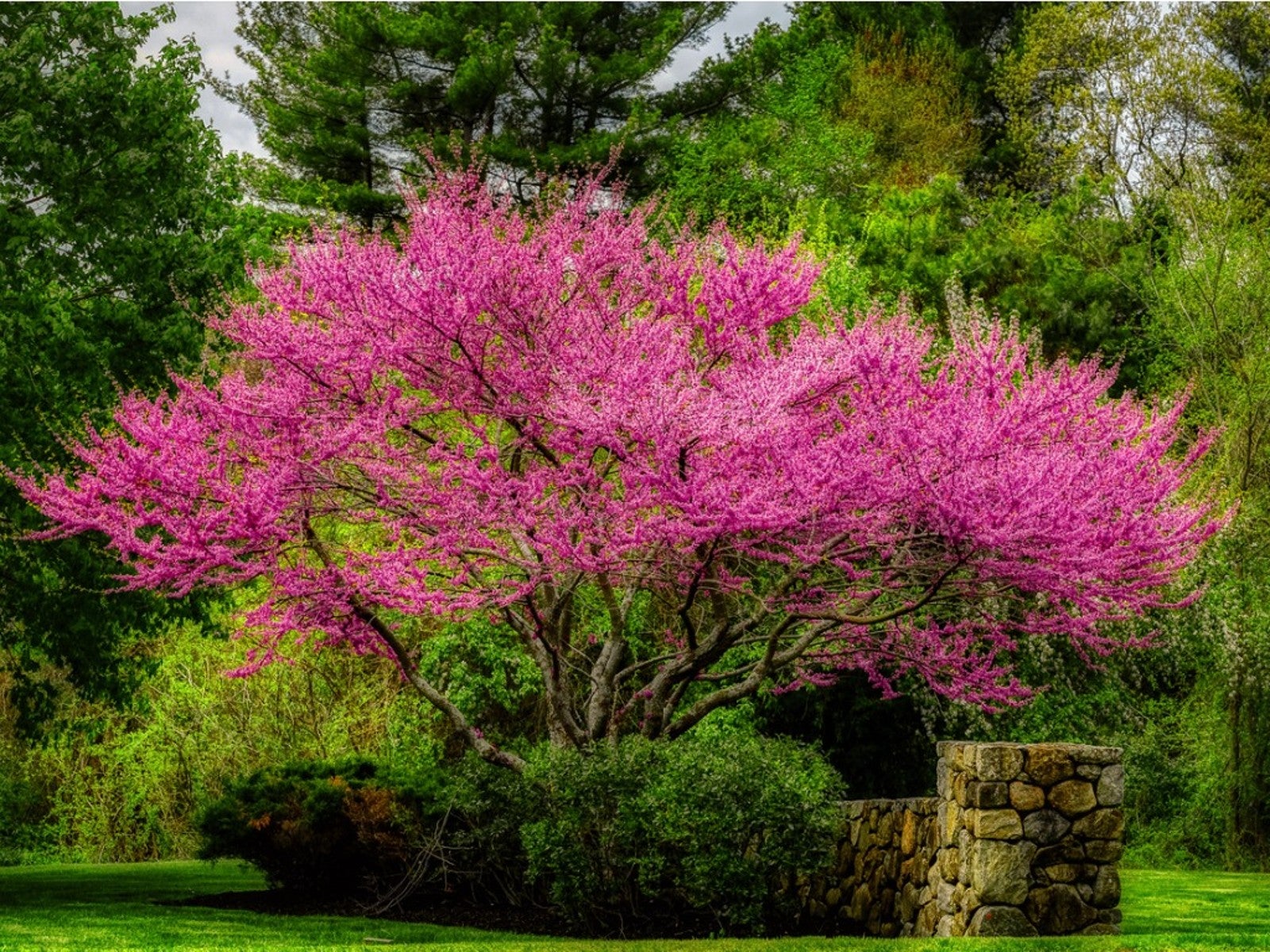 Tips For Transplanting Redbud Tree
Tips For Transplanting Redbud TreeWhile it’s not a good idea to transplant a mature redbud tree unless absolutely necessary, it is entirely possible to dig up seedlings to transplant into your landscape. Read on for tips for transplanting redbud trees.
By Teo Spengler
-
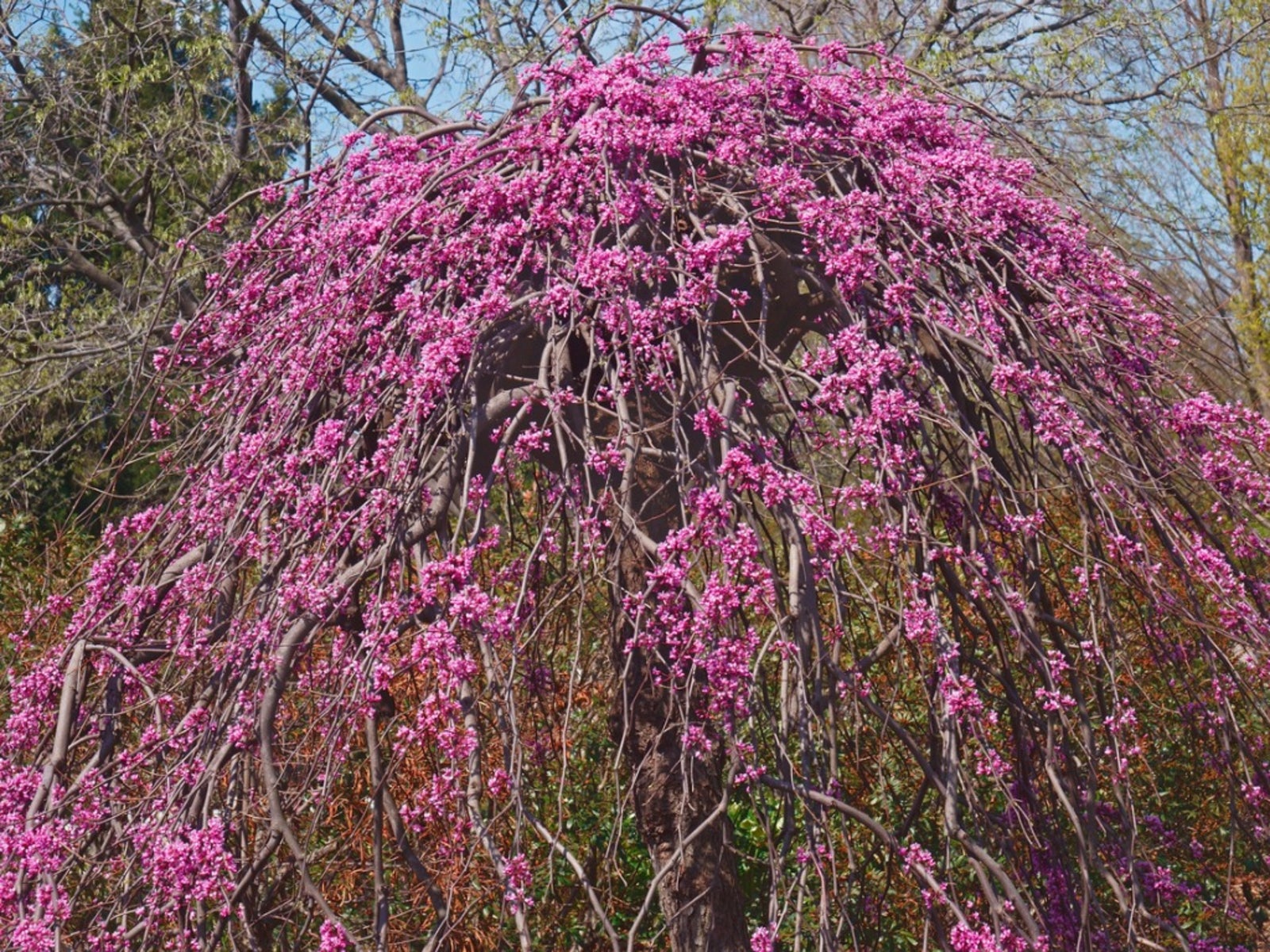 Lavender Twist Redbud Care: Growing Weeping Lavender Twist Redbuds
Lavender Twist Redbud Care: Growing Weeping Lavender Twist RedbudsRedbuds are popular ornamental trees for the home landscape. This article will discuss the weeping tree variety of eastern redbud known as "Lavender Twist". Click here for weeping redbud info and tips on how to grow a Lavender Twist redbud.
By Darcy Larum
-
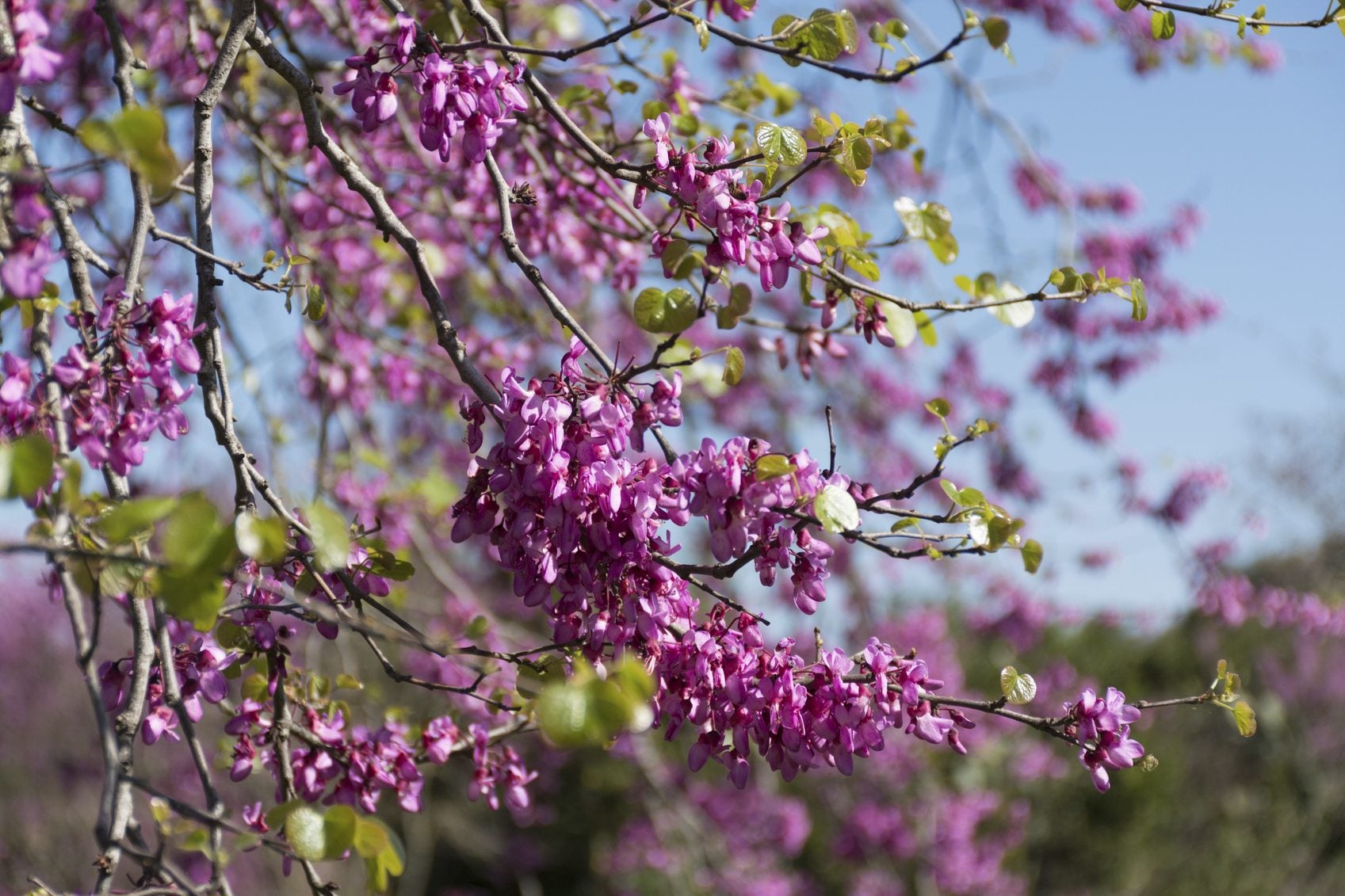 Cutting Back Redbuds: How And When To Prune A Redbud Tree
Cutting Back Redbuds: How And When To Prune A Redbud TreeRedbuds are lovely small trees for gardens and backyards. Pruning a redbud tree is essential to keeping the tree healthy and attractive. If you want to know how to prune redbud trees, the information in this article can help.
By Teo Spengler
-
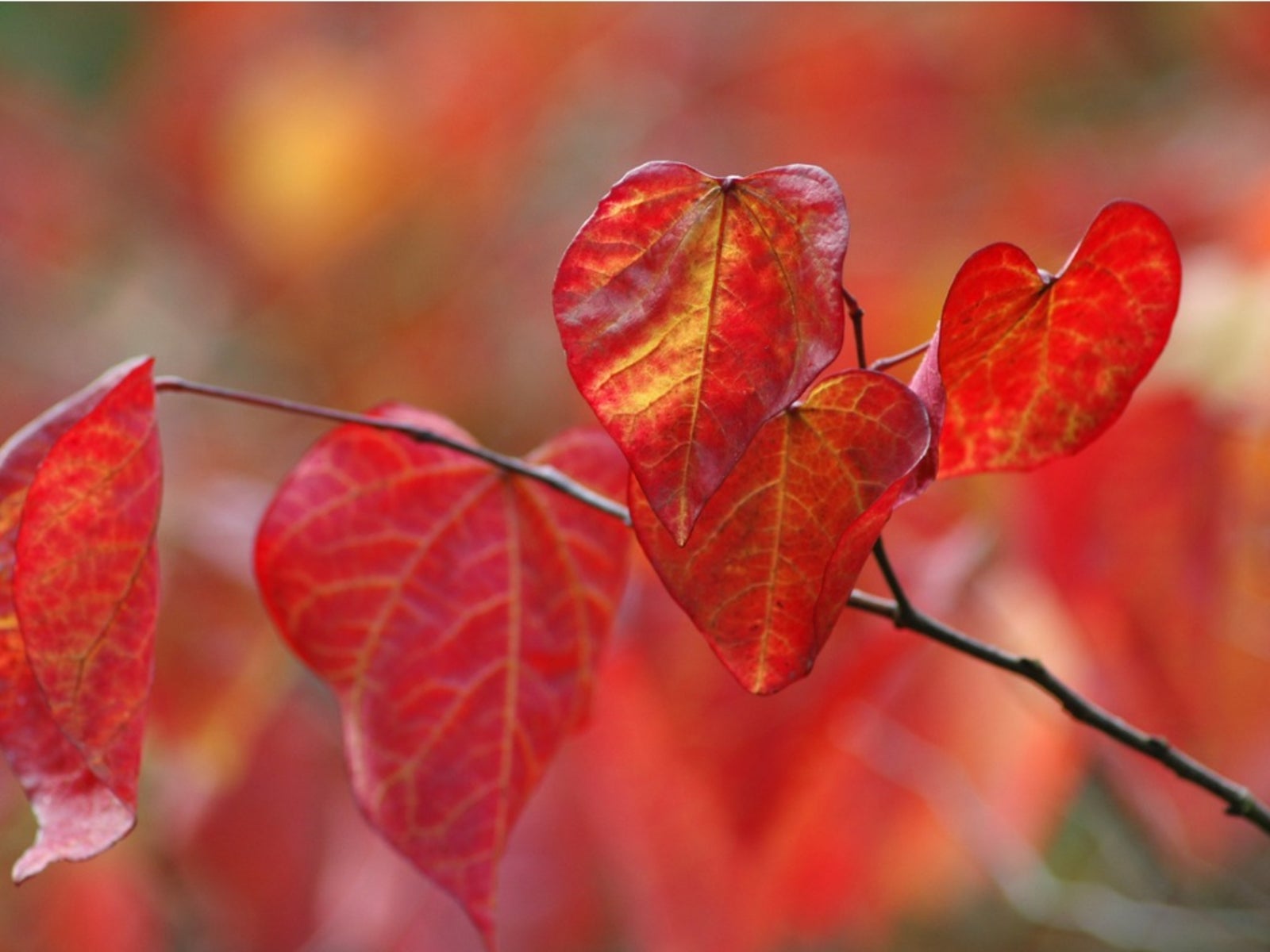 Forest Pansy Tree Care – Tips On Growing A Forest Pansy Tree
Forest Pansy Tree Care – Tips On Growing A Forest Pansy TreeForest Pansy trees are a type of eastern redbud. The tree gets its name from the attractive, pansy-like flowers that appear in spring. Click this article for more information about the Forest Pansy redbud, including Forest Pansy tree care.
By Teo Spengler
-
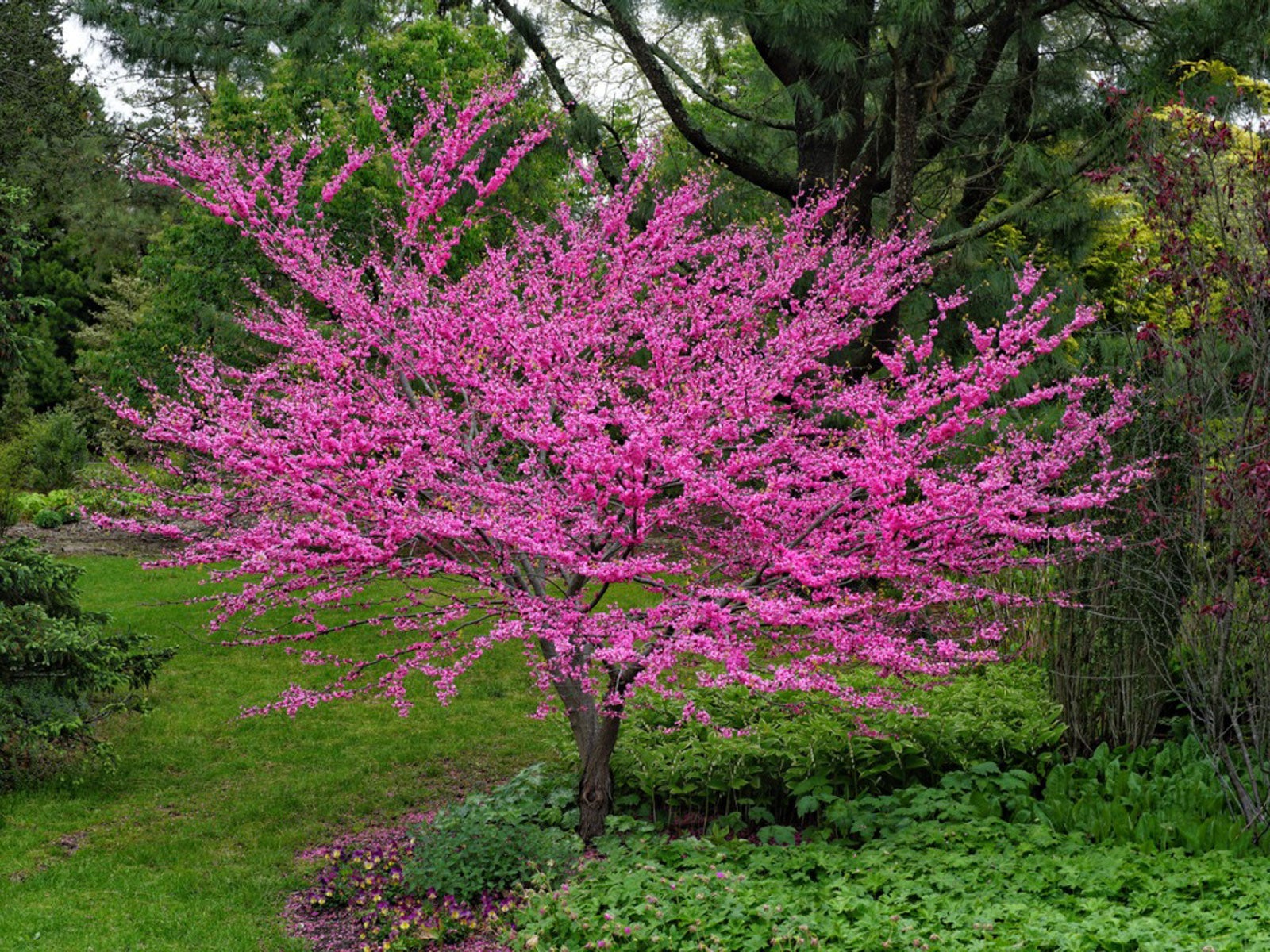 Growing Redbud Trees: How To Care For A Redbud Tree
Growing Redbud Trees: How To Care For A Redbud TreeGrowing redbud trees is a great way to add brilliant color to your landscape. Click here to learn how to care for a redbud tree.
By Susan Patterson